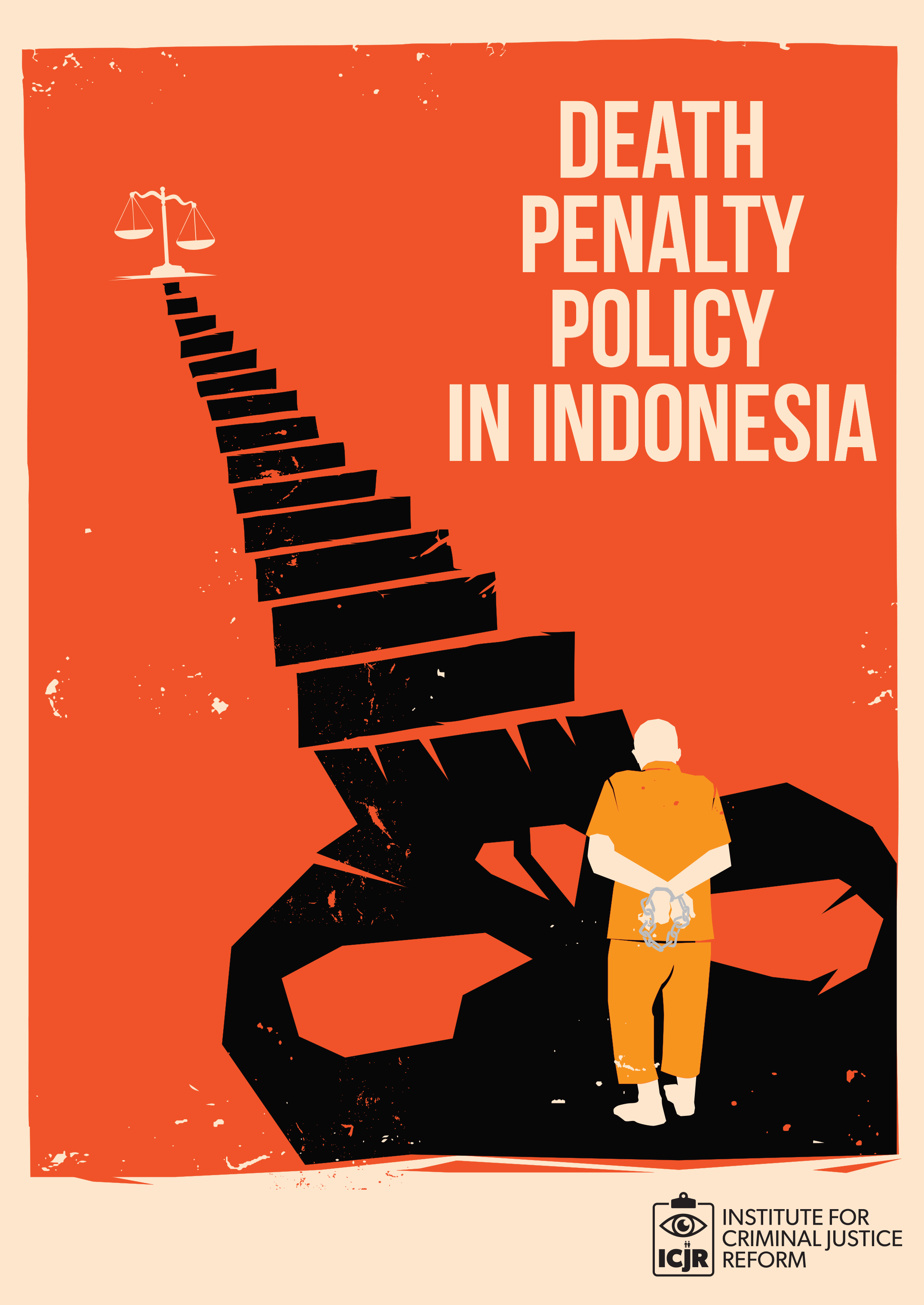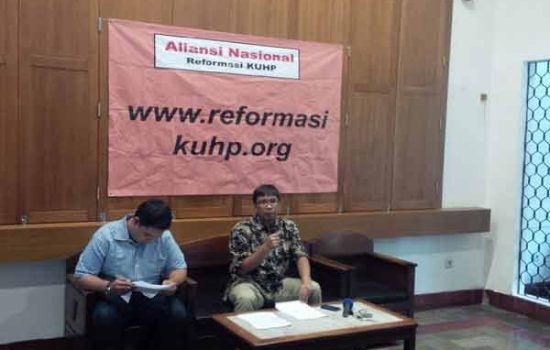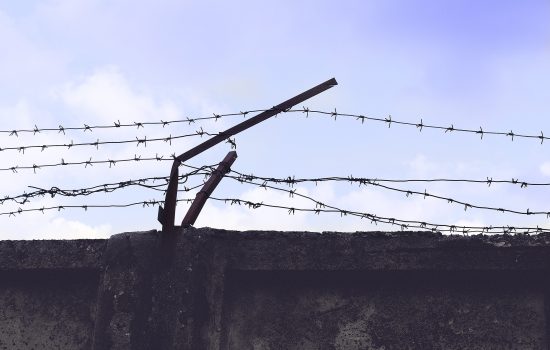As a part of many types of punishment, death penalty in Indonesia was not introduced by the colonial government—the Netherland Indies government. Prior to the European colonialism, Kings and Sultans in Nusantara region have implemented death penalty to their slaves/subordinates. In the context of Indonesia, a consolidation of death penalty policy happened in 1808 under the order of Governor General Herman Willem Daendels, who regulated the imposition of death penalty as the authority of Netherland Indies Governor General. During this period, death penalty was used as a strategy to silence the colonies and to defend Java from the British attack. Without this effort, the mission of French Government that controlled the Netherland to defend Java from the British was too difficult.
The second policy consolidation and arguably the most important was the enactment of Wetboek van Strafrecht voor Inlanders (Indonesiers) on 1 January 1873. Afterwards, in 1915, the Wetboek van Strafrecht voor Indonesie (WvSI) was passed into a law and entered into force on 1 January 1918. The motive of racial prejudice and maintaining the public order was still the main objective to impose death penalty in Indonesia.
After Indonesia declared its independence in 1945, death penalty was still imposed in many prevailing laws and regulation. It was indeed imposed with different rationale and objective, adjusted with the political system and social-politics situation when the legislation was enacted. Ever since the independence in 1945, the politics of law in Indonesia is still directed to use death penalty as one of the most important punishment under its legal framework.
Even after the Reformasi in 1998, in less than 18 years, at least five laws (undang-undang) incorporated death penalty as one of many punishment, regardless the fact that the 1945 Consitution (Amendment) explicitly ensures the right to life. While only five laws that incorporated death penalty after the Reformasi, the number of articles that incorporate death penalty as punishment increased two folds compared to the figures of death penalty articles during 1945-1998.
This anomaly becomes a serious attention by many human rights activists and other countries that already abandoned the practice that against humanity. It is also evident from the United Nations Resolution No. 29 dated 18 December 2007, which asked all countries to conduct a moratorium of death penalty in their legal system as a part to fully eliminate the practice of death penalty. As a member of the United Nations, Indonesia cannot disregard the UN Resolution as the instrument of the international law.
Due to the abovementioned explanation, it is important to conduct a study that maps the main argumentation on why death penalty is still incorporated under Indonesian laws and regualtions. This effort is important to discover the rationale and background of public policy that use death penalty under the Indonesian legal system. Without understanding the roots and background as well as the argumentation on why death penalty is used under several laws, the practice in incorporating death penalty as part of punishment will still be maintained and utilized.
Download here
We understand that not everyone has the opportunity to become a supporter of the ICJR. However, should you share a common vision with us, you can be part of our mission to ensure that Indonesia will have a fair, accountable and transparent legal system for all its citizens, without any distinction of social status, political views, skin color, gender, origin, sexual orientation and nationality.
As a little as IDR 15.000 (USD 1.09), you can be part of our mission and support ICJR to keep working to ensure the Indonesian legal system becomes more just, transparent and accountable.
support us now




